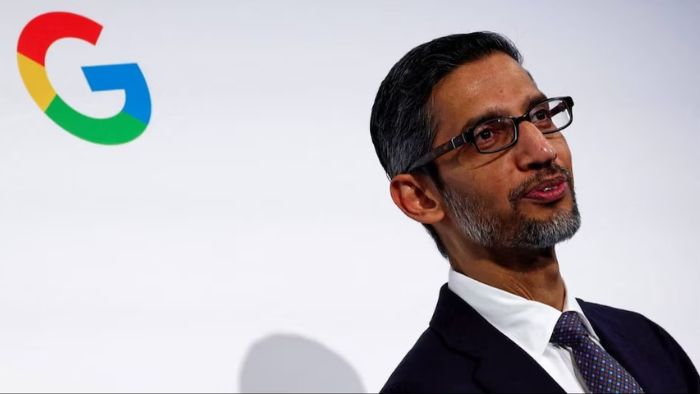Delve into the intricate web of the OpenAI YouTube controversy, focusing on the alleged utilization of YouTube videos to train the Sora AI model. Unravel the responses from Google, ponder over the legal ramifications, and dissect OpenAI’s proactive steps to tackle the emerging challenges. Learn more about the ethical and technological intersection shaping this controversial narrative.

Google’s Response
Google’s CEO, Sundar Pichai, pledged prompt action if the OpenAI YouTube controversy allegations prove true. This declaration showcases Google’s commitment to addressing potential issues surrounding the unauthorized use of YouTube content, highlighting the significance of upholding ethical standards within the AI community.
Reports alleging that OpenAI utilized a vast amount of YouTube content—exceeding a million hours—to train Sora have sparked concerns within the tech and legal spheres. This massive data usage raises ethical questions regarding content copyright, fair use policies, and the boundaries of AI training practices, prompting a closer examination of the legal implications involved.
Pichai’s emphasis on Google’s explicit terms of service and its readiness to enforce these rules indicates a firm stance on data usage and content integrity. This proactive approach underscores the importance of setting clear guidelines in the AI field to prevent controversies like the OpenAI YouTube scandal, highlighting the necessity of ethical compliance and responsible AI development practices.

OpenAI’s Initiatives
OpenAI’s response to the YouTube controversy includes the development of cutting-edge tools dedicated to detecting AI-generated images. This pivotal initiative aims to address the ethical concerns surrounding the misuse of AI technologies in content creation and dissemination within digital platforms.
Moreover, OpenAI is actively working on the implementation of a sophisticated content ID system specifically tailored for AI-generated content. This system seeks to empower creators by providing them with comprehensive insights into how their work is being utilized, thereby enhancing transparency, attribution, and ethical practices in the AI-generated content landscape.
